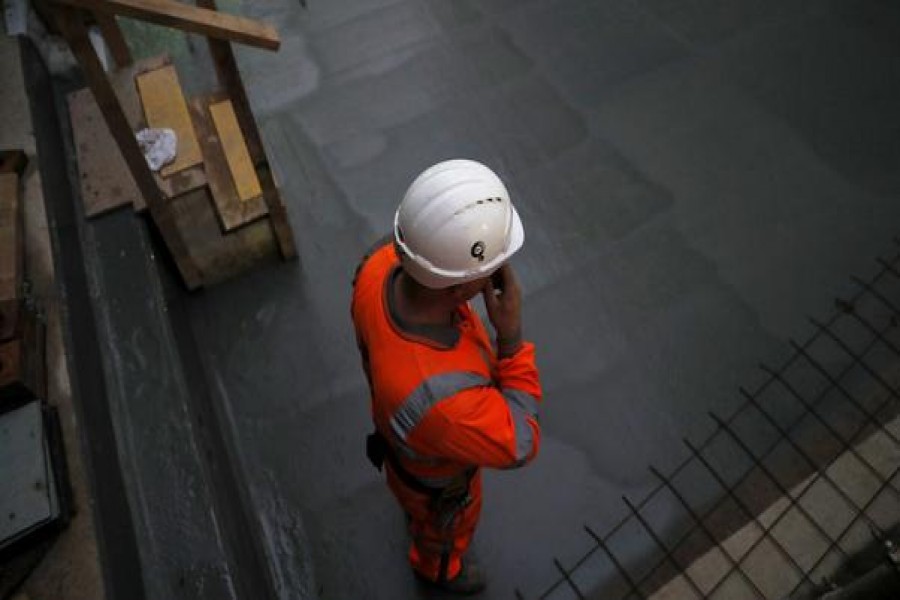
Published :
Updated :

The middle class is shrinking in developed economies as increases in workers’ wages have failed to keep up with the rising cost of housing, education and healthcare, the OECD said on Wednesday.
Most people in the 36 member nations of the Organisation for Economic Cooperation and Development are part of the middle class, which the OECD defines as households with income between 75 and 200 per cent of the national median.
However, the number has slowly declined from 64 per cent in the 1980s to 61 per cent now in OECD countries for which data was available, the Paris-based policy forum said in a report entitled “Under Pressure: The Squeezed Middle Class”.
The middle class has shrunk with each generation with 68 per cent of baby-boomers - those born between 1942 and 1964 - belonging to the middle class when they were in their twenties compared with 60 per cent for millennials, born between 1983 and 2002.
The OECD put the decline of the middle class down in part to their largely stagnating earnings as median incomes rose a third less than the average income of the richest 10 per cent over the last 30 years.
Meanwhile, costs have risen much faster than inflation for some of the key pillars of middle class life like housing, which the OECD said had risen three times faster than household median income over the last two decades. Middle class households were also forking out more for education and healthcare.
At the same time, workers have faced growing job insecurity, made even worse in recent years by the rise of automation, which the OECD said now threatened one in six middle class jobs.
Against that backdrop, more than 20 per cent of middle class households spend more than they earn, leaving them increasingly turning to debt to finance their lifestyles, according to Reuters news agency.
“Today the middle class looks increasingly like a boat in rocky waters. Governments must listen to people’s concerns and protect and promote middle class living standards,” OECD head Angel Gurria said in a statement.
To improve the lot of the middle class, the OECD recommended investment in training to boost their earnings potential and more collective bargaining to ensure good wages.
The OECD also suggested shifting the tax burden from labour income to income from capital and capital gains, property and inheritance, while also making income taxes more progressive.


 For all latest news, follow The Financial Express Google News channel.
For all latest news, follow The Financial Express Google News channel.